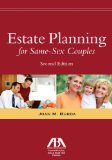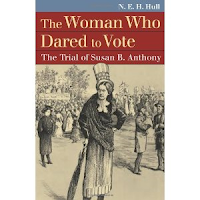The complaint, which the New York Civil Liberties Union filed on behalf of the plaintifffs, claimed that the MTA ID rule was unconstitutionally vague because it did not specify when and under what circumstances an officer can ask a person to turn over documents, or what type of documents would satisfy the rule. The NYCLU says that police have issued 6,542 summonses in the last 10 years to people who failed to provide identification under the ID rule. Citing Kolender v. Lawson, 461 U.S. 352 (1983), the court ruled that the ID Rule is “a criminal law that reaches a substantial amount of constitutionally protected conduct and vests almost unlimited discretion in the NYPD officers charged with enforcement of the ID Rule.”
 The issue of identification cards has come up recently as US Senator Chuck Schumer (NY) and other key Senators are exploring an immigration bill that would force every U.S. worker, whether a citizen or not, to carry a high-tech biometric identity card using fingerprints or other personal markers to prove a person’s legal eligibility to work. See the Wall Street Journal article Senators in Immigration Talks Mull Federal IDs for All Workers. For more on the subject of national identification cards, see the Brooklyn Law School Library’s copy of National Identification Systems: Essays in Opposition (Call #JC596 .N38 2004) edited by Carl Watner and Wendy McElroy. The book recounts the history of national ID cards, covers contemporary technologies, such as microchips, email tracking and camera-based surveillance systems, and imagines a future of rebellion against a government tracking its citizens in the name of security, and offers some hope that American culture does not lend itself to the fanatical control that a high-tech national ID system could make possible.
The issue of identification cards has come up recently as US Senator Chuck Schumer (NY) and other key Senators are exploring an immigration bill that would force every U.S. worker, whether a citizen or not, to carry a high-tech biometric identity card using fingerprints or other personal markers to prove a person’s legal eligibility to work. See the Wall Street Journal article Senators in Immigration Talks Mull Federal IDs for All Workers. For more on the subject of national identification cards, see the Brooklyn Law School Library’s copy of National Identification Systems: Essays in Opposition (Call #JC596 .N38 2004) edited by Carl Watner and Wendy McElroy. The book recounts the history of national ID cards, covers contemporary technologies, such as microchips, email tracking and camera-based surveillance systems, and imagines a future of rebellion against a government tracking its citizens in the name of security, and offers some hope that American culture does not lend itself to the fanatical control that a high-tech national ID system could make possible.




